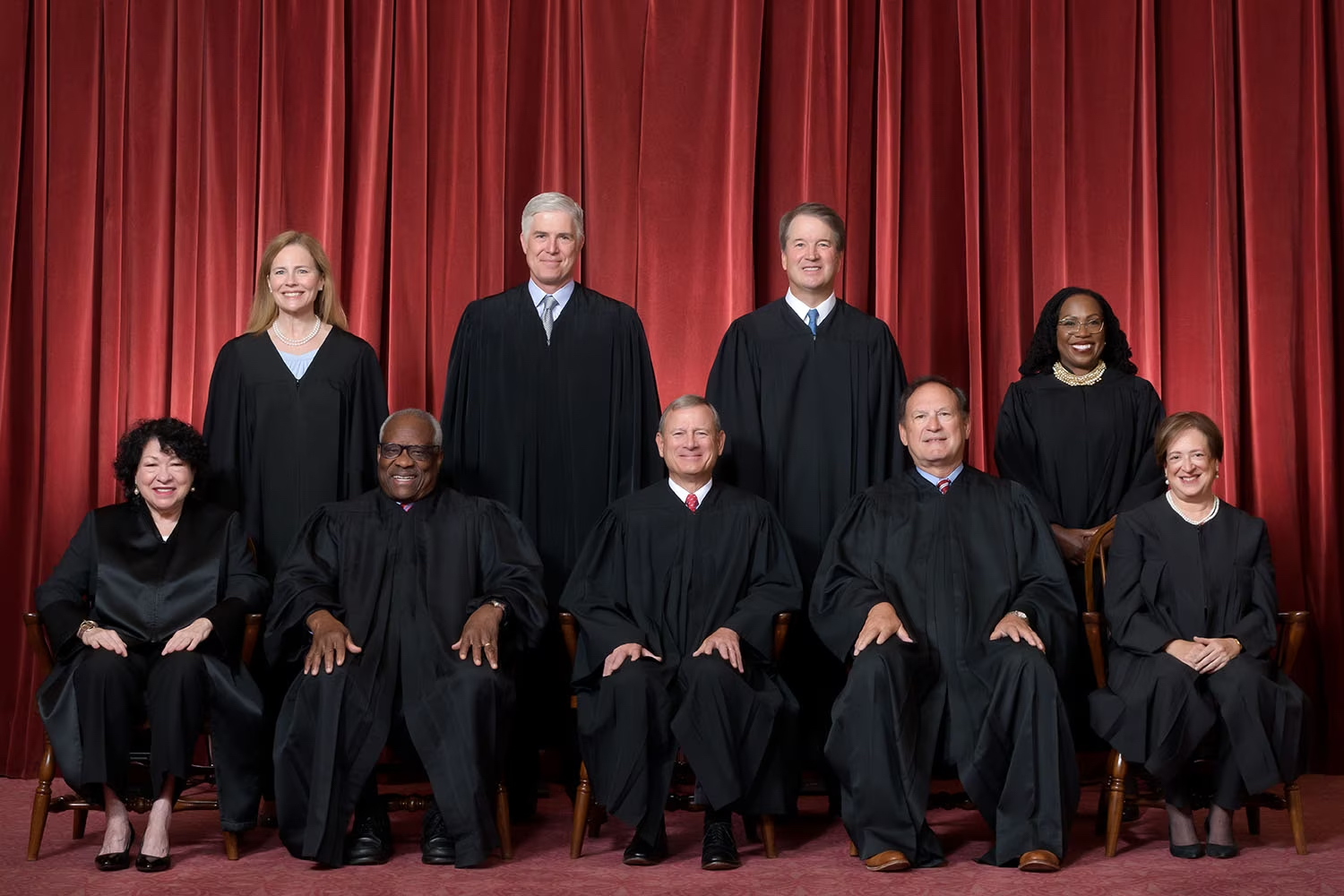A recent Supreme Court decision that substantially narrowed the Environmental Protection Agency’s authority to regulate millions of acres of wetlands is expected to open more land for development.
More than half of the nation’s wetlands could lose protection under the Clean Water Act, according to environmentalists and legal analysts. This concerns water quality advocates who fear the ruling will lead to degraded water supplies.
From a developer’s perspective, projects will have fewer regulatory hurdles to overcome, making them faster to move from conception to construction. This could make new housing developments more financially viable during a time of acute housing shortages in many areas of the U.S., they point out.
The case, Sackett v. Environmental Protection Agency, involved an Idaho couple who tried to build a house on property they’d purchased. The couple filled a soggy part of the property with sand and gravel to prepare for construction. The EPA ordered them to halt construction and return the property to its original state. The couple then sued the agency.
Related Stories
Codes and Standards | Aug 10, 2020
Concrete Institute and Post-Tensioning Institutes expand partnership
Will collaborate on new structural post-tensioned concrete code requirements.
Codes and Standards | Aug 6, 2020
SpeedCore demonstrates excellent fire resistance without additional fire-protective coatings
New York City approves metal-concrete product for all five boroughs.
Codes and Standards | Aug 5, 2020
Designing, redeveloping communities for zero energy needed to address climate change
District heating and cooling systems boost efficiency.
Codes and Standards | Aug 4, 2020
Virginia is the first state to adopt COVID-19 worker safety rules
Include social distancing requirements, notifications when co-worker tests positive, timelines to return to work after recovery.
Codes and Standards | Aug 3, 2020
Report aids local governments on policy options, pathways to electrify new buildings
Document focuses on switching appliances and equipment away from natural gas, propane.
Codes and Standards | Jul 30, 2020
Institute for Market Transformation acquires Energy-Efficient Codes Coalition
Goal is to achieve net-zero construction by 2050.
Codes and Standards | Jul 29, 2020
Crackdowns grow on construction firms that fail to follow COVID-19 guidelines
States, cities, and OSHA enforce social distancing, hand-washing regulations.
Codes and Standards | Jul 28, 2020
California utility adopts climate emergency declaration
Sacramento-region company commits to working towards carbon neutrality by 2030.
Codes and Standards | Jul 27, 2020
Updated Energy Plus and OpenStudio building energy modeling tools released
Software offers performance enhancements.
Codes and Standards | Jul 23, 2020
North Carolina will stop relying on FEMA flood mapping
State will identify flood zones on its own.

















